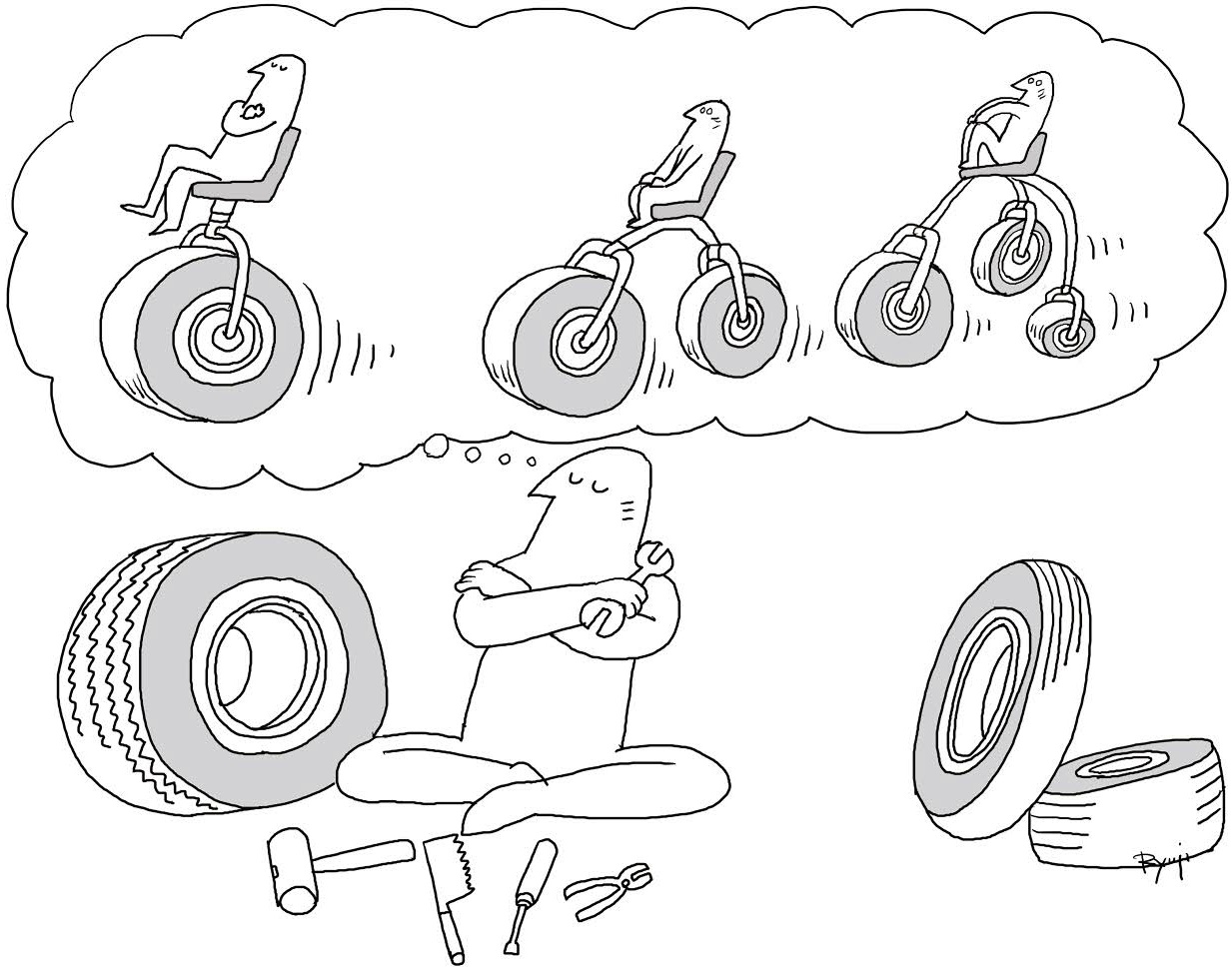Four years after Prime Minister Shinzo Abe returned to power, his administration continues to enjoy an unusually high approval ratings of more than 50 percent, and the prime minister's grip on power remains unrivaled. And as if he still isn't satisfied, Abe has begun to take steps to solidify the political foundation of his administration, causing new friction among political circles.
On Dec. 22, Lower House Speaker Tadamori Oshima, who hails from Abe's Liberal Democratic Party, complained about the high-handed manner with which the LDP rammed through the controversial bill to legalize casino resorts. Speaking to his close aides, Abe himself did not hide his displeasure with the way Oshima ran the proceedings during the extraordinary Diet session, notably his decision to delay the vote for ratifying the Trans-Pacific Partnership free trade pact. Such an open spat between the prime minister and the Lower House speaker, who is customarily chosen from among senior lawmakers from the party in power, is unheard of.
The friction has spread further to the top brass of Komeito, the LDP's junior partner in the ruling coalition. The LDP-Komeito alliance, dating back to 1999, had remained solid even when the two parties were out of power. But Komeito lawmakers were split in the Diet vote on the casino legislation — quite unusual for a party known for the disciplined unity among its members. Both its president, Natsuo Yamaguchi, and its secretary-general, Yoshihisa Inoue, voted against the bill, while former party chief Akihiro Ota voted in favor. Another senior member who voted against the bill cited the strong opposition to the bill within Soka Gakkai, the nation's largest lay Buddhist organization and a solid supporter of the party, and the negative impact that the vote on the casino bill could have on the Tokyo Metropolitan Assembly election this summer.



